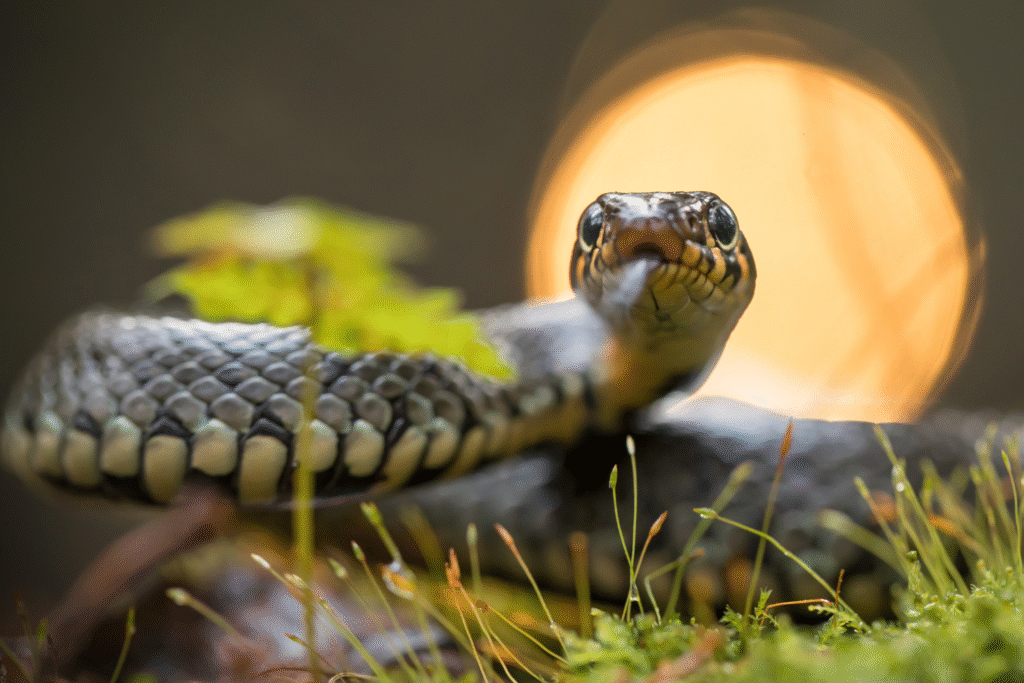Dogs detect stress through surprisingly sophisticated biological sensors.

Your dog knows when something’s wrong before you’ve fully processed it yourself. That restless energy you’ve been trying to ignore, the work deadline that’s been quietly gnawing at your peace, the relationship tension you think you’re hiding so well—your canine companion has already picked up on all of it. Dogs possess an extraordinary ability to read human emotional states through mechanisms that scientists are only beginning to fully understand. Their sensory capabilities extend far beyond what most people realize, allowing them to detect physiological and behavioral changes that occur when we experience stress, anxiety, or internal conflict. These remarkable animals serve as living biofeedback systems, often alerting us to tensions brewing beneath our conscious awareness.




